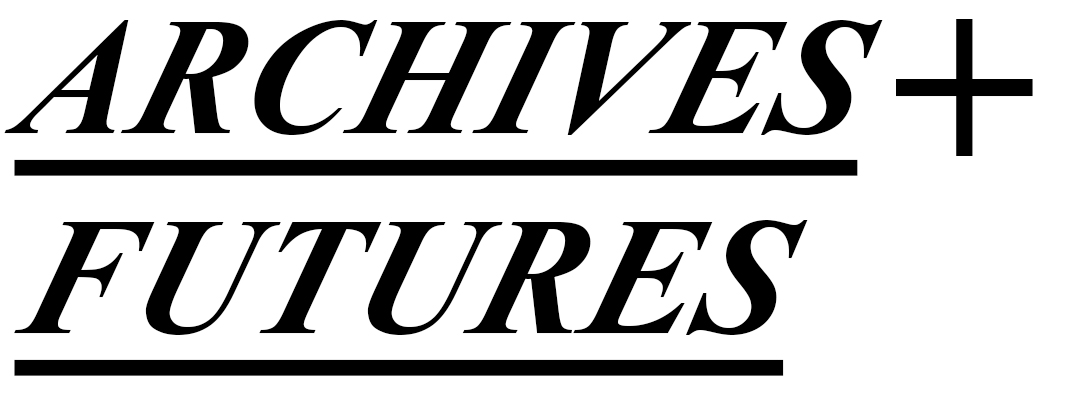Archives + Futures (A+F) is a podcast series developed by Ivan LOZANO. Currently in its first season, A+F is generating an archive of interviews and conversations for current and future visual artists to connect to the personal practices and cultural histories, cannons, heroes and ancestors of their fellow Latinx and Indigenous artists of the Americas.
The podcast took shape in early 2018 after the publication of a review for Monarchs: Brown and Native Contemporary Artists in the Path of the Butterfly, a show that included Ivan, as well as a number of other Latinx and Indigenous artists of the Americas (including Gonzalo Reyes Rodriguez, who was one of the co-hosts during the “pilot season”). While this review wasn’t technically “bad,” the writer ignored a majority of the themes and concepts being explored in the show, which all relate to how abstraction is expressed through our identities and points of view as artists of color. We realized this is a common experience: white writers, curators, gallerists, etc are often unable (we’d like to be optimistic and avoid using the harsher “unwilling”) to properly educate themselves on cultural differences that help our work bloom, instead choosing to center whiteness as the primary focal point for interpretation and critique. This whitewashing of our cultural production recalls Linda Nochlin’s essay “Why Have There Been No Great Women Artists?” of 1971 – perhaps the problem is the institution, the society we live in, the educational system and the many systemic blocks and hurdles we artists of color must overcome to be considered in the running.
A+F wants to help artists break that cycle by providing opportunities for Latinx and Indigenous artists of the Americas to talk to each other and create feedback loops that bypass whiteness as a center. A secondary, but equally important mission, is the archiving impulse behind the project. Our histories are often kept out of official records, made invisible by systems that don’t recognize our achievements. Therefore, it is vitally important for us to create our own records, our own histories and archives, and to make them available to researchers and future generations. We want to create the foundations for their future successes to be built upon.
